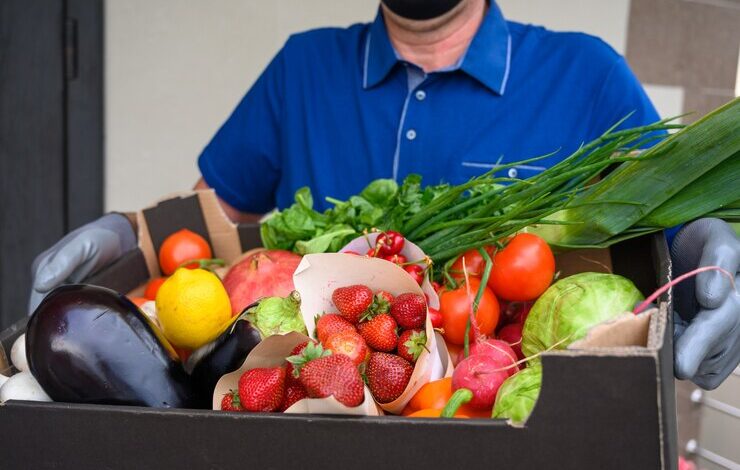
While the 2025/26 Fiscal Budget highlights promising international support for improving nutritional status, local nutrition clubs are celebrating their own success stories. These clubs are not only enhancing food security but also creating income-generating opportunities, helping to combat the country’s high unemployment rate, especially among the youth.
Members of various nutrition clubs have expressed satisfaction with their progress, noting that their initiatives are expanding rapidly. They credit their growth to increasing community awareness of nutrition and the economic benefits associated with their projects.
Mathemaloli Nutrition Club: A Story of Growth
One such example is the Mathemaloli Nutrition Club in Maseru, which has flourished under the leadership of its founder, Mrs. ‘Manapo Makhele. The club, which initially started as a small initiative, now boasts 20 registered members, according to Mr. Malefetsane Monoto, a member of the group.
In an interview, Monoto emphasized that their club has become a source of livelihood for its members.
“We are growing at an alarming rate, and this has helped us not only to provide nutritious food for our families but also to create employment opportunities,” he said.
The club engages in activities such as vegetable farming, food processing, and selling nutritious homemade products. Through these efforts, members generate income while also contributing to better dietary habits in their communities.
Nutrition Clubs as a Solution to Unemployment
Lesotho faces a persistently high unemployment rate, particularly among young people. Initiatives like nutrition clubs are proving to be effective in addressing this issue by equipping members with skills in agriculture, food production, and entrepreneurship.
Many clubs are now looking forward to potential government and international support, as highlighted in the fiscal budget, to further expand their operations. Such assistance could enable them to acquire better farming equipment, access larger markets, and improve production capacity.
Despite the challenges, nutrition clubs continue to play a crucial role in both economic empowerment and health promotion. As they grow, they offer a model of how community-driven initiatives can make a real impact on livelihoods and national food security.
Join 'Lesotho News' WhatsApp Channel
Get breaking Lesotho news — delivered directly to your WhatsApp.
CLICK HERE TO JOIN



